PM: Direct talks with Priština best option
Serbian Prime Minister Ivica Dačić has told Russia Today that he "always considered direct negotiations between Belgrade and Priština to be the best option."
Tuesday, 16.04.2013.
09:30

MOSCOW Serbian Prime Minister Ivica Dacic has told Russia Today that he "always considered direct negotiations between Belgrade and Pristina to be the best option." This is, he said, because "Serbs and Albanians perhaps do have common interests, but some of the international mediators do not like that.” PM: Direct talks with Pristina best option In an interview for the Russia TV channel, Dacic said that as far as Belgrade's “deliberations with Pristina are concerned, a definitive settlement would not be in the interests of certain external parties - particularly those who have acted as mediators for our negotiations in recent years.” “If Belgrade and Pristina were to settle all of their differences, those parties' roles as intermediaries would no longer be relevant,” Dacic said, adding that “there are issues on which the Serbs and the Albanians may actually have common interests.” The prime minister also said that “the status of Kosovo and Metohija is somewhat ambiguous. On the one hand, Serbia lost control of most of Kosovo following the NATO bombing campaign in 1999. On the other hand, Pristina has no sovereignty over the part of the province's territory that is predominantly populated by Serbs.” “Such are the realities, which we should use as a starting point in negotiations between Belgrade and Pristina,” Dacic said, adding that Belgrade is “ready to discuss Kosovo's international status with Pristina, but they are reluctant to do so. They regard their independent status as an established fact, and believe there is nothing left to discuss.” Dacic said that the Serbian government expects Pristina to agree to its proposal for establishing a community of Serb municipalities, adding that it “would like the European Union to act as a safeguard.” “This would provide us with a viable provisional solution, until we arrive at some sort of final decision on the status of Kosovo,” he added. "While Serbia has agreed to consider Kosovo as an entity with special status, in accordance with UN Security Council Resolution 1244, we do not regard it as an independent state. But we are willing to continue our negotiations with Pristina, in order to arrive at a mutually acceptable solution," said the Serbian prime minister. Asked whether he believes that Serbia's EU accession is conditional on the Kosovo issue, Dacic said that "we are witnessing a double-standard policy, where the rules are changed along the way. And certainly, this can't be called fair play." "Being a small nation, we need to promote our interests internationally, and it is in our interests to become an EU member state," Dacic said, adding that Serbia is in “a very complicated situation location-wise, being surrounded by NATO and EU members, or countries whose accession to the European Union is already underway.” (Tanjug, file) Tanjug RT
PM: Direct talks with Priština best option
In an interview for the Russia TV channel, Dačić said that as far as Belgrade's “deliberations with Priština are concerned, a definitive settlement would not be in the interests of certain external parties - particularly those who have acted as mediators for our negotiations in recent years.”“If Belgrade and Priština were to settle all of their differences, those parties' roles as intermediaries would no longer be relevant,” Dačić said, adding that “there are issues on which the Serbs and the Albanians may actually have common interests.”
The prime minister also said that “the status of Kosovo and Metohija is somewhat ambiguous. On the one hand, Serbia lost control of most of Kosovo following the NATO bombing campaign in 1999. On the other hand, Priština has no sovereignty over the part of the province's territory that is predominantly populated by Serbs.”
“Such are the realities, which we should use as a starting point in negotiations between Belgrade and Priština,” Dačić said, adding that Belgrade is “ready to discuss Kosovo's international status with Priština, but they are reluctant to do so. They regard their independent status as an established fact, and believe there is nothing left to discuss.”
Dačić said that the Serbian government expects Priština to agree to its proposal for establishing a community of Serb municipalities, adding that it “would like the European Union to act as a safeguard.”
“This would provide us with a viable provisional solution, until we arrive at some sort of final decision on the status of Kosovo,” he added.
"While Serbia has agreed to consider Kosovo as an entity with special status, in accordance with UN Security Council Resolution 1244, we do not regard it as an independent state. But we are willing to continue our negotiations with Priština, in order to arrive at a mutually acceptable solution," said the Serbian prime minister.
Asked whether he believes that Serbia's EU accession is conditional on the Kosovo issue, Dačić said that "we are witnessing a double-standard policy, where the rules are changed along the way. And certainly, this can't be called fair play."
"Being a small nation, we need to promote our interests internationally, and it is in our interests to become an EU member state," Dačić said, adding that Serbia is in “a very complicated situation location-wise, being surrounded by NATO and EU members, or countries whose accession to the European Union is already underway.”











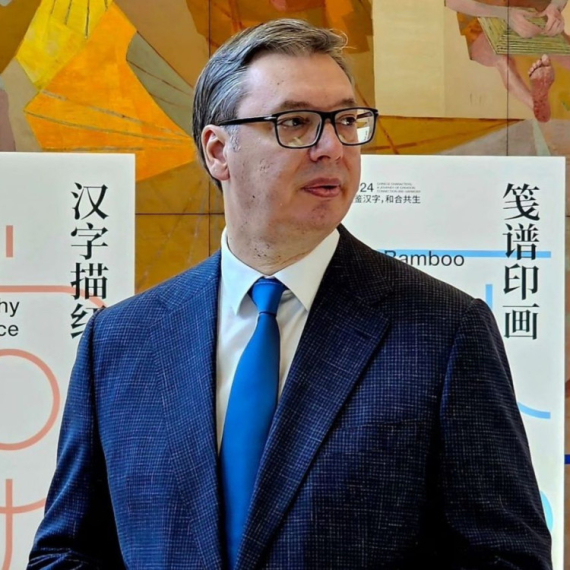

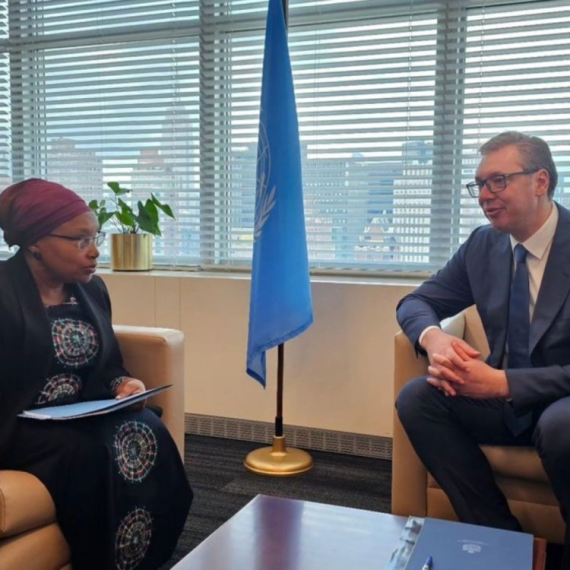

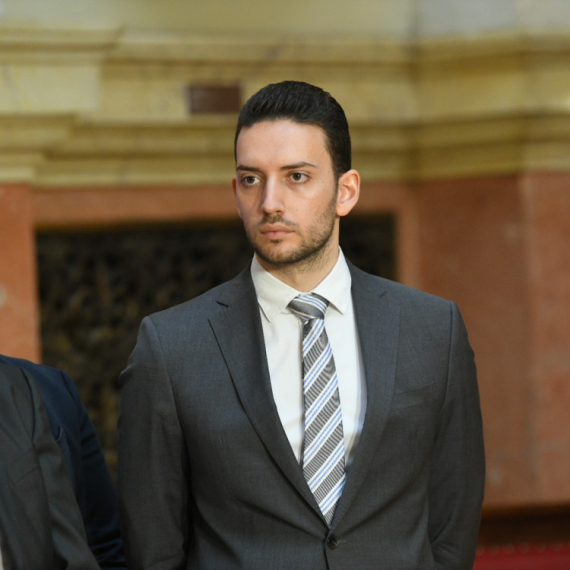
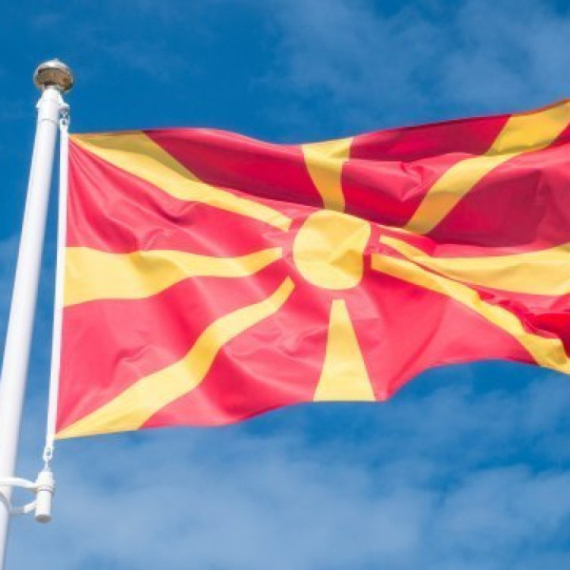
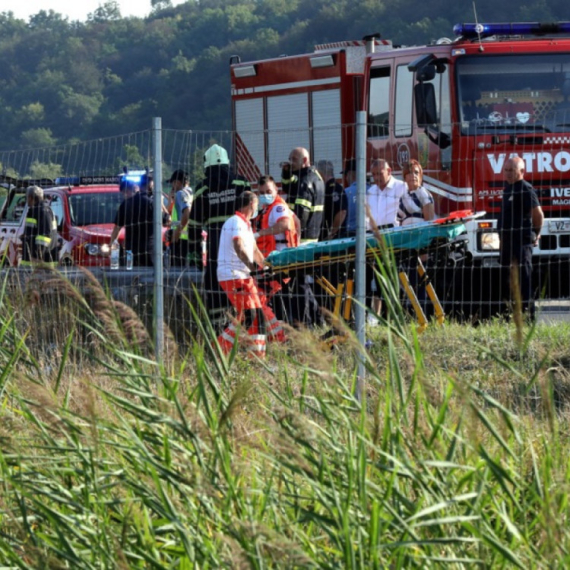








































Komentari 9
Pogledaj komentare